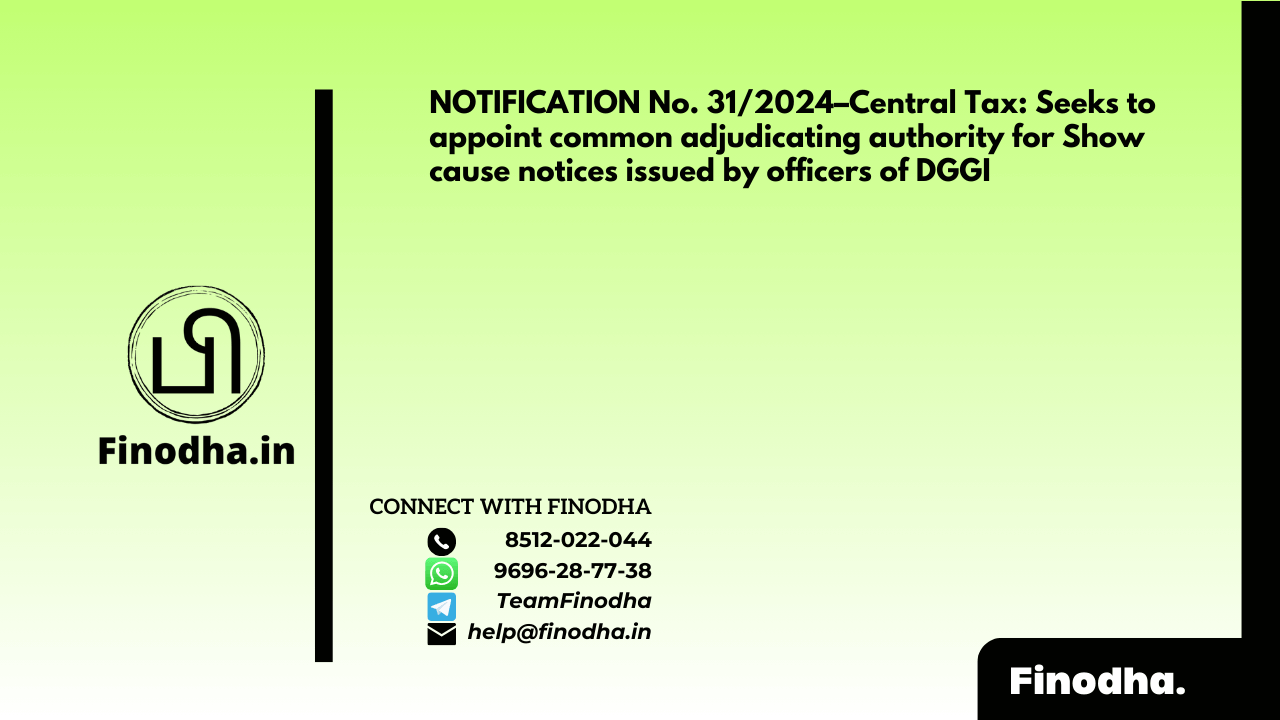Important Keyword: Tax Savings, Spouse, Strict Eligibility Rules, Penalty for Incorrect Claims.
Table of Contents
Introduction:
In India, the term “dependent” carries significant weight when it comes to taxation. Many taxpayers overlook the fact that certain expenses incurred for dependents can lead to substantial tax benefits. By understanding how the Income Tax Act, 1961, defines a dependent and how these relationships can impact your tax filings, you can maximize deductions and avoid common pitfalls that could lead to penalties.
This article explains in simple terms who qualifies as a dependent, what tax benefits are available, and the conditions you must meet to claim deductions. Whether you’re supporting elderly parents, a spouse, or children, knowing the rules around dependents can save you a lot of money when it comes time to file your taxes.
Who is Considered a Dependent?
In tax terms, a dependent is someone who relies on you for financial support. The Income Tax Act outlines specific categories of individuals who qualify as dependents, and understanding this is essential for claiming deductions. Dependents can include:
- Spouse: A husband or wife who does not have an independent source of income.
- Children: Minors or even adult children, provided they rely on you for their livelihood.
- Parents: Elderly parents who depend on their children for financial support.
- Siblings: In some cases, dependent brothers or sisters can also be considered.
According to the law, a dependent must be wholly or primarily reliant on the taxpayer for support and maintenance. This includes not only living expenses but also healthcare and education costs.
Types of Deductions Available for Dependents
The Income Tax Act provides various provisions under Chapter VI A that allow taxpayers to claim deductions for expenses incurred on behalf of their dependents. Let’s break down the most commonly used sections:
Section 80D – Health Insurance Premiums
- Deduction for premiums paid on health insurance for self, spouse, and dependent children.
- Maximum deduction: ₹25,000 for family (₹50,000 if parents are senior citizens).
- You can claim this deduction even if your parents are not dependent on you.
Section 80DD – Deduction for Maintenance of Disabled Dependents
- If you are supporting a dependent who is physically or mentally disabled, you can claim a deduction of up to ₹75,000 (₹1.25 lakh for severe disability).
- This is available for dependents such as spouse, children, parents, or siblings.
Section 80DDB – Deduction for Medical Treatment of Specified Diseases
- Available if you incur medical expenses for specified diseases like cancer or neurological disorders for your dependents.
- Deduction limit: ₹40,000 (₹1 lakh for senior citizens).
Conditions to Keep in Mind
While these sections offer significant tax relief, there are specific conditions attached:
- The person you are claiming as a dependent must meet the criteria laid out by the Income Tax Act.
- Only one taxpayer can claim a deduction for a given dependent in a financial year.
- If you claim a deduction under Section 80DD, you cannot also claim the same deduction under Section 80U (deduction for self-disability).
Advantages of Claiming Deductions for Dependents
- Tax Savings: By reducing your taxable income, these deductions directly reduce the amount of tax you owe.
- Supports Family Welfare: Provides financial relief for those supporting dependents like parents, children, or disabled family members.
- Legal Compliance: Correctly claiming these deductions ensures compliance with tax laws, preventing unnecessary fines or audits.
Disadvantages to Consider
- Strict Eligibility Rules: The criteria for who qualifies as a dependent are rigid, and you must meet all conditions to claim the deduction.
- Documentation Required: You must maintain clear records of all expenses incurred for dependents to substantiate your claims during tax filing.
- Penalty for Incorrect Claims: If you incorrectly claim deductions, you could face penalties or tax audits, which can be time-consuming and stressful.
Common Questions Answered
Q: Can I claim deductions for parents who do not live with me?
A: Yes, under Section 80D, you can claim deductions for health insurance premiums even if your parents do not live with you or are not financially dependent on you.
Q: What happens if I forget to declare a dependent in my tax return?
A: If you miss declaring a dependent or the related expenses, you lose the opportunity to claim those deductions for that financial year. Always ensure you declare them at the time of filing.
Q: Can both spouses claim a deduction for the same dependent?
A: No, only one individual can claim the deduction for a dependent in a financial year. Double claiming can lead to penalties.
A Real-Life Example for Indian Taxpayers
Consider Amit, a salaried individual in his mid-40s, supporting his elderly parents and two school-going children. Amit pays ₹25,000 annually for health insurance premiums covering his family, including his parents. His father, who is 68, was recently diagnosed with a severe neurological disorder, and Amit has incurred ₹90,000 in medical expenses for his treatment.
In this scenario, Amit can:
- Claim a deduction of ₹25,000 under Section 80D for the insurance premium paid for his family.
- Claim an additional ₹1 lakh under Section 80DDB for his father’s medical treatment, as his father qualifies as a senior citizen.
By carefully claiming these deductions, Amit reduces his taxable income significantly, resulting in considerable tax savings for the year.
Summary and Key Takeaways
Supporting dependents not only helps your family but also provides significant tax benefits. The Income Tax Act allows for deductions on health insurance premiums, medical expenses, and even care for disabled dependents. However, it’s crucial to understand who qualifies as a dependent, as this directly impacts your eligibility for these deductions.
- Key Sections to explore: 80D, 80DD, and 80DDB.
- Ensure you meet the eligibility criteria and maintain proper documentation.
- Only one person can claim a deduction for each dependent per financial year.
Conclusion
Claiming deductions for dependents can greatly reduce your tax liability, easing the financial burden of supporting loved ones. By following the guidelines outlined in the Income Tax Act and ensuring all conditions are met, you can enjoy significant savings. Just make sure your claims are accurate, and you have the required documentation ready to avoid any issues with the tax authorities.
Download Pdf: https://taxinformation.cbic.gov.in/view-pdf/1001006/ENG/Notifications




